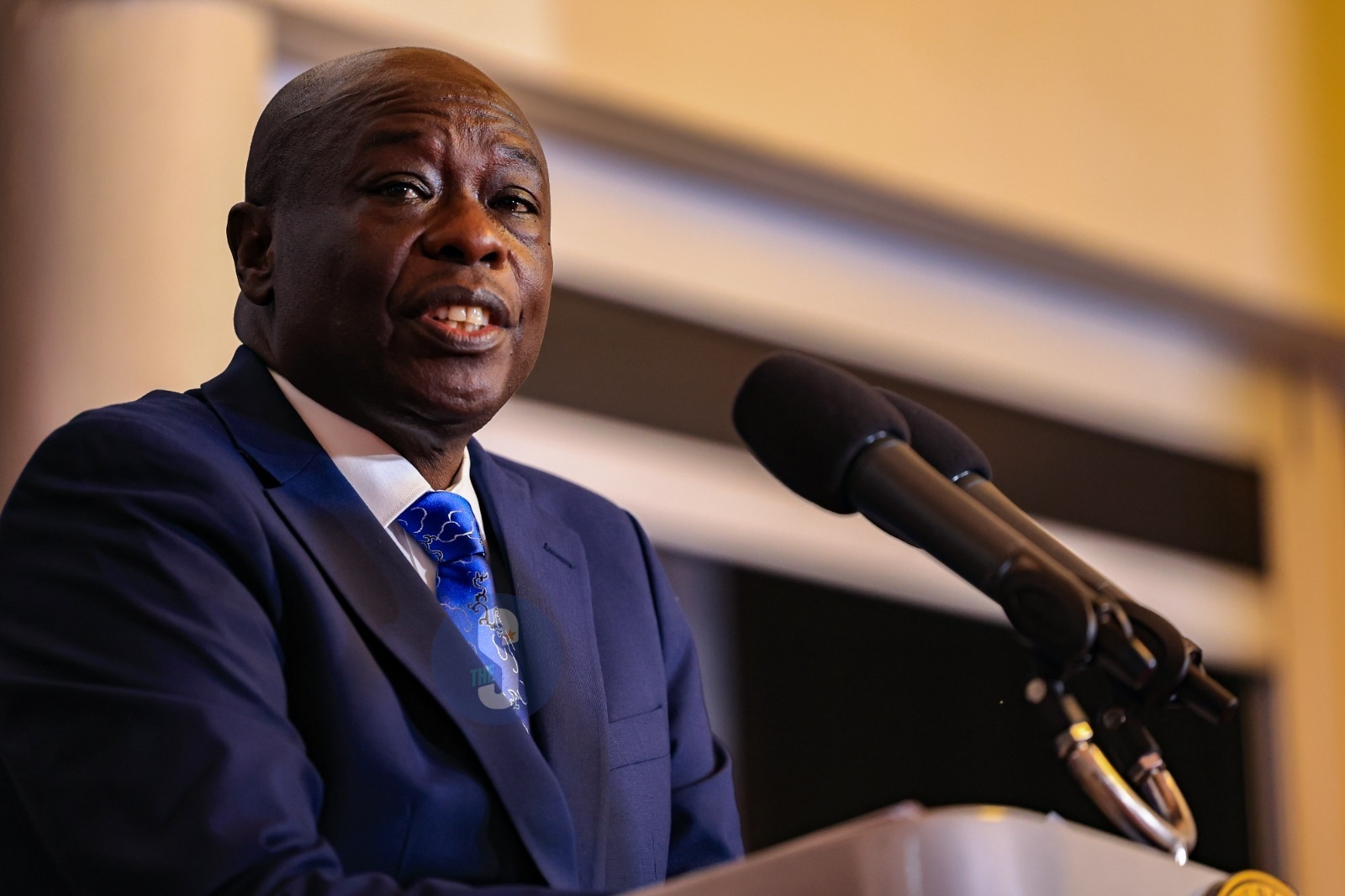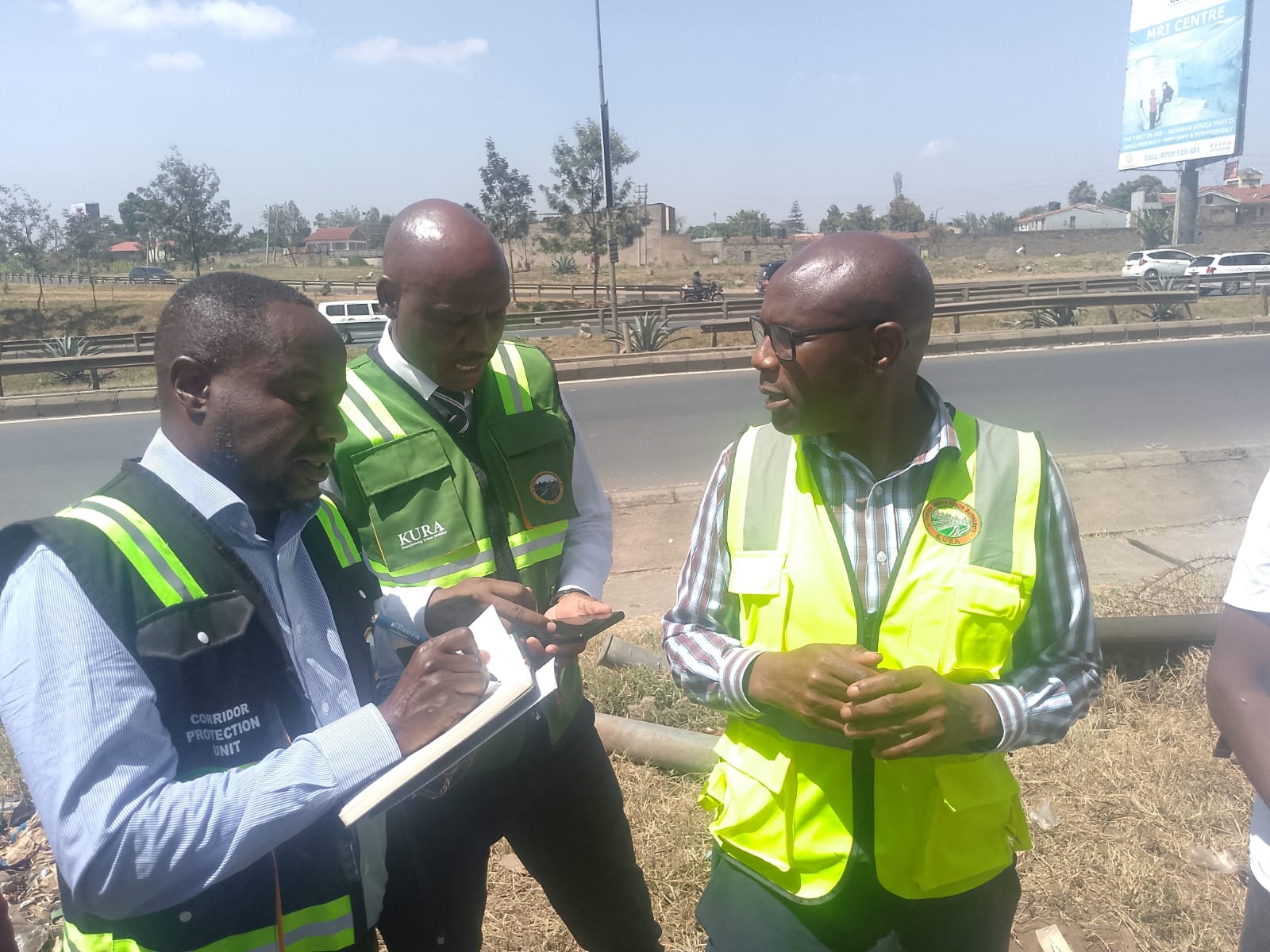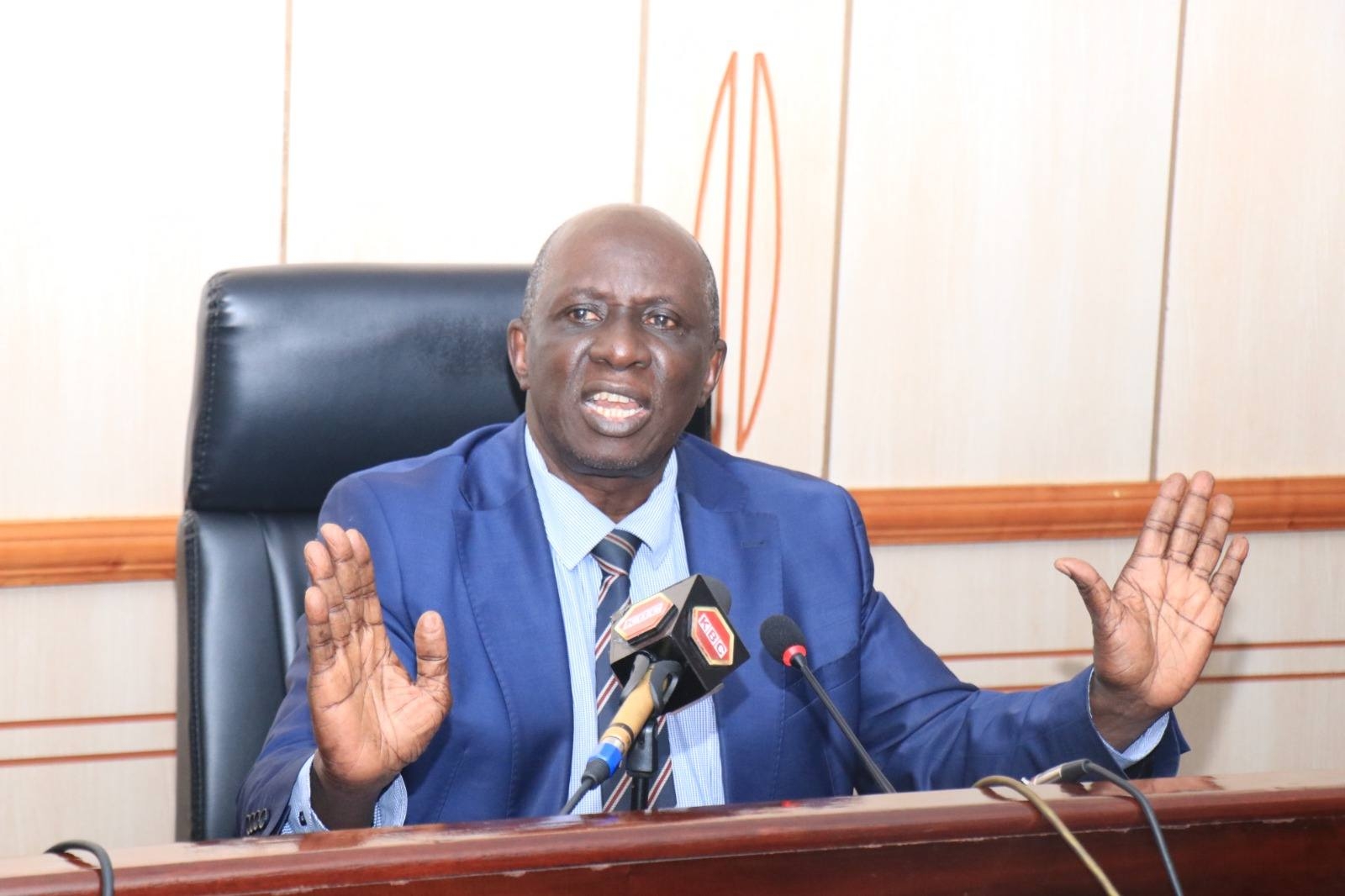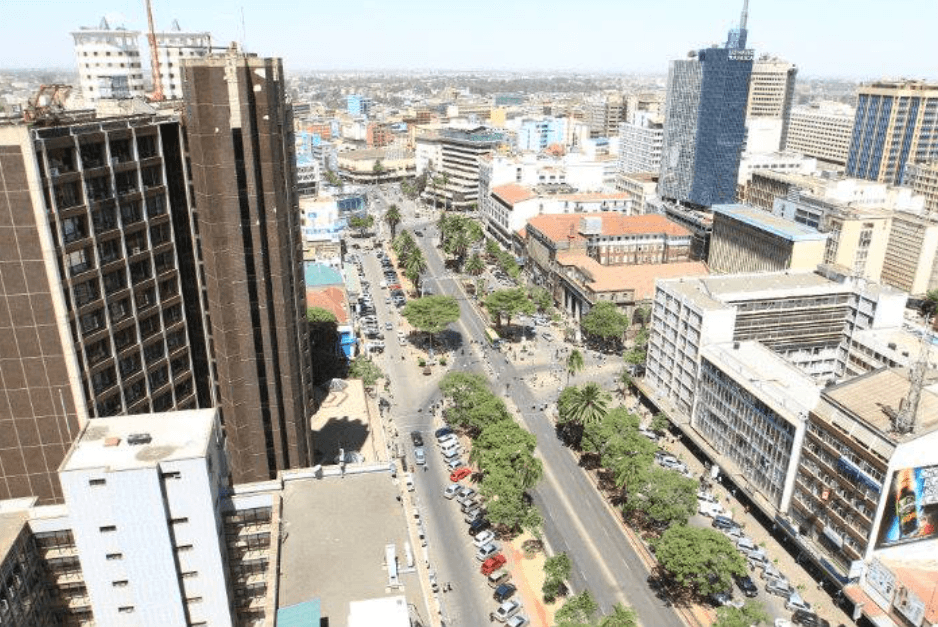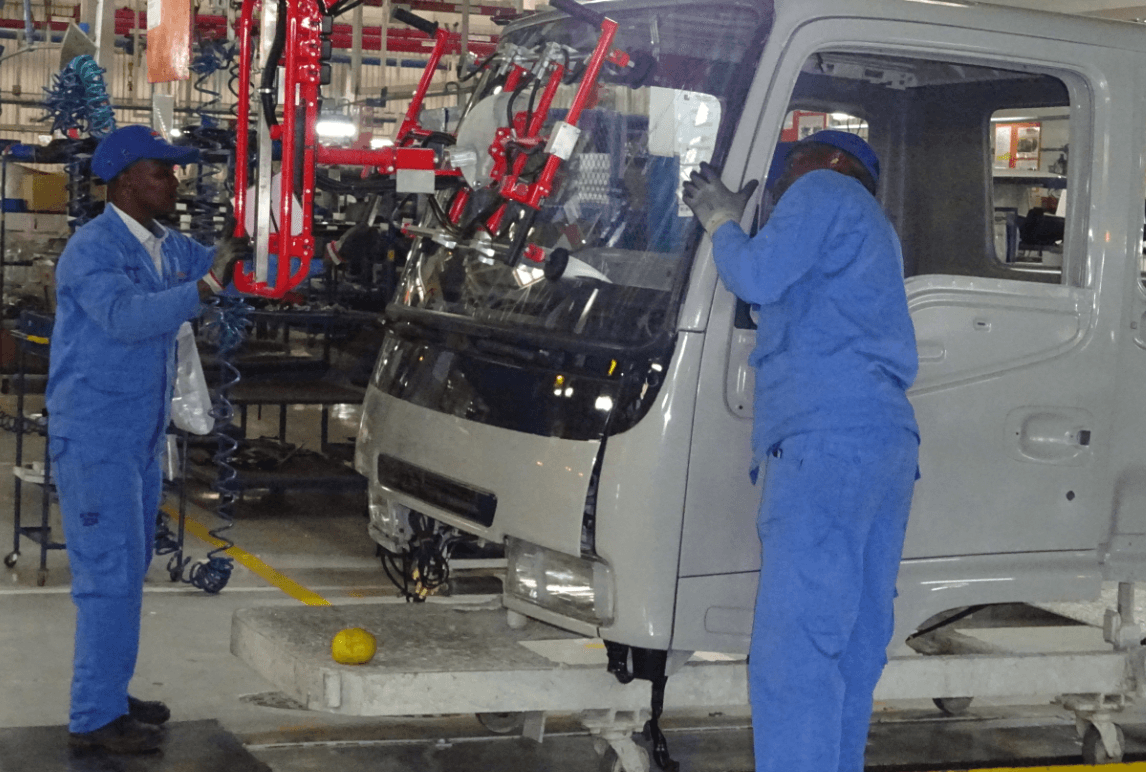A lawmaker has proposed changes to the elections law to ensure the country’s electoral system goes fully electronic.
Mbeere North MP Geoffrey Ruku has drafted a proposed law that seeks to do away with manual voting.
He wants all electoral processes conducted online including voter registration, nomination of candidates and voting.
“The principal objective of the draft bill is to amend the Elections Act, 2011 to incorporate a fully integrated electronic electoral system in the Kenyan electoral processes,” Ruku said.
In a brief to the Budget Committee chaired by Kiharu MP Ndindi Nyoro, the MP said the proposed Elections (Amendment) Bill will spell out how to manage, support and administer the electronic voting systems.
Ruku wants current integrated system, which has components for biometric voter registration, voter identification and electronic transmission of results, abandoned.
“The electoral process is hybrid as there are manual processes such as the casting of physical ballot papers. Therefore, the legislative proposal intends to create a fully integrated electronic system,” it reads.
The MP wants a system where all processes, including voter registration, registers of voters and nomination of candidates electronic.
“Voting will be by use of printed machine-read and optically scanned ballot, hence there will be no manual voting and all processes will be carried out electronically,” the brief reads.
“Traditional manual voting systems are becoming too unsustainable in the current world, where processes are being automated as a result of advancements in technology.”
Since the events that sparked violence after the 2007 general elections, the debate has been on whether to exclusively adopt electronic or manual voting.
IEBC is said to have done well in the use of biometric systems to identify voters but there are still concerns about transmission and tallying of results.
The Kriegler Commission, formed to probe events leading to the 2007 election mayhem, recommended the adoption of biometric technology to aid in verification of voters at polling stations.
It also introduced several changes, including the use of technology in management of elections.
As a result, IEBC deployed the Kenya Integrated Electoral Management System with the capacity to register voters biometrically, identify voters and transmit results to the national tallying centre.
The Parliamentary Budget Office estimates that a fully-fledged electronic voting system will cost Sh10.7 billion.
Sh2.6 billion for upgrading Kiems and Sh110 million for audit and certification of the technology.
According to PBO, vote scanning machines will cost about Sh7.8 billion, on the assumption that there will be 52,481 polling stations in the 2027 election.
Another Sh110 million could go to the purchase of 4,350 additional Kiems kits and an additional 4,620 for training and replacement of obsolete kits.
“Should this Bill be enacted, there is likely to be some accrual of benefits for the country since the commission is likely to enhance processing of the general election results in a more accurate, faster, transparent and verifiable manner,” the MP said.
“E-voting offers convenience and efficiency by eliminating the need for physical ballot papers, polling stations and the manual counting of votes. This technology saves time and reduces human error.”
To mitigate the concerns about the cost of the system, the lawmaker wants the same implemented in phases “to relieve the burden of implementing the draft bill in a one-off manner.”
The MP has cited case studies in Nigeria, Venezuela and the US.
Nigeria uses a system where results are sent to a central portal for viewing in real-time, reducing possibility of rigging.
In the US, there are touch screens for voters to mark their preferred choices, scanners to read paper ballots, scanners to verify signatures, and web servers that publicly display tallies.
Machine counting has also been adopted in most states and is hailed as faster than manual hand counting.
Venezuela and the Philippines use a voting system supplied by Smartmatic - the company that IEBC contracted for results transmission in the 2022 election.
It is said to have the capacity for multiple auditing at different stages, receiving vote results in a secure manner and an advanced data recovery mechanism.
IEBC data shows the technology that was deployed in the 2022 general election cost taxpayers more than Sh5.3 billion. The entire election cost about Sh34.7 billion.




